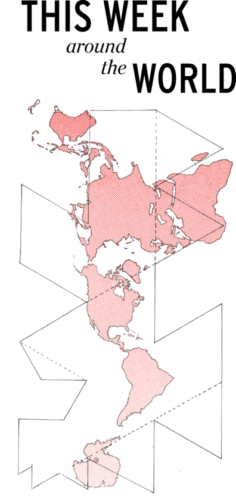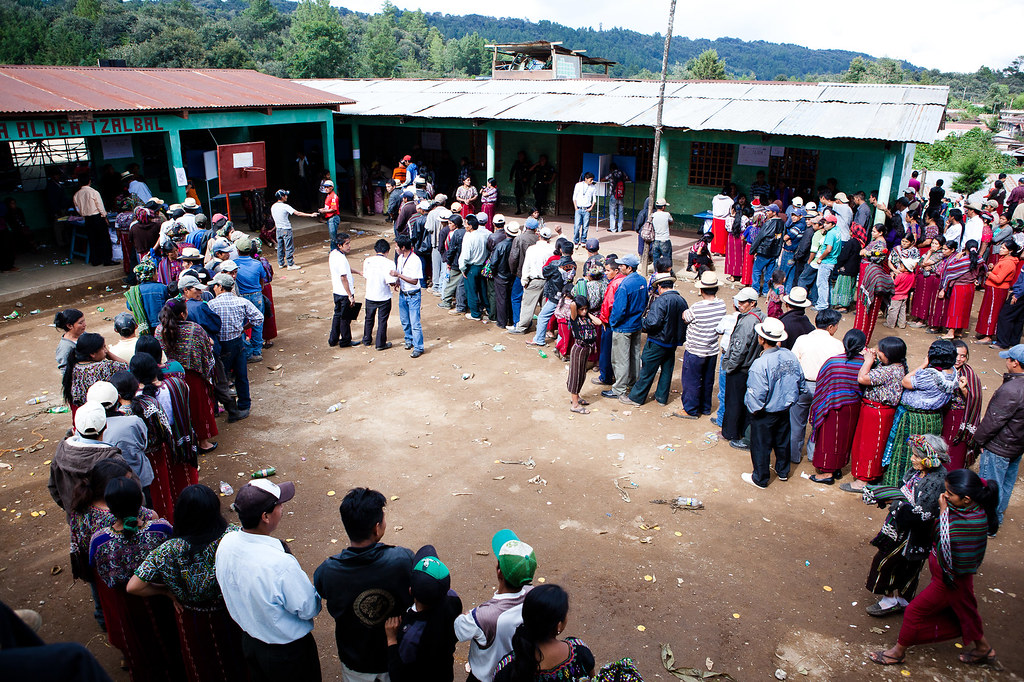Jan. 14–18 Zimbabwe: In response to a hike in fuel prices, protests began throughout Zimbabwe on Jan. 14 in what has been dubbed the “stay-at-home” protests, according to The Guardian. The country’s inflation reached 31 percent in November while experiencing shortages in basic supplies including medicine, Reuters reports. Additionally, fuel prices increased from $1.32 a liter to $3.31 overnight. Between Jan. 14 and Jan. 18, 400 to 600 protesters were arrested, and security forces are suspected of killing 12 people. In response to the protests, the government has imposed a complete internet shutdown, according to Al Jazeera.
Jan. 15–18 Nairobi, Kenya: At least 21 people were killed in an attack led by the Somali-based militant group al-Shabab in a siege on the DusitD2 hotel on Jan. 15. The siege lasted some 20 hours, leaving one police officer and five attackers dead. According to Al Jazeera, bomb experts searched the hotel on Jan. 16 in an effort to clear the complex of any remaining explosives, and Kenya Red Cross reported all missing people had been accounted for. Star News reports six people including a Canadian national appeared in court as suspected accomplices in the attack on Jan. 18.
Jan. 17 Brazil: Nearly 10 months after the March 2018 assassination of prominent human rights activist Marielle Franco, The Intercept released an update on Jan. 17 reporting a suspect has been named in connection with the case. While a state judge has issued a gag order prohibiting the release of the suspect’s name, six witnesses to the murder have come forward identifying a former police officer in special operations, known as Batalhão de Operações Policiais Especiais in Portuguese. According to the investigation, the suspect was dismissed from the military police force in Rio de Janeiro for active involvement in organized crime including murder for hire. However, at least two others within BOPE are suspected to have been involved as well, as cited in the police report.
Jan. 18–20 Mediterranean Sea: About 170 migrants and asylum seekers are suspected to have perished in the Mediterranean Sea off the coasts of Libya and Morocco after two separate vessels capsized. Sky News reports one of the vessels departed Libya on Jan. 18 carrying some 120 passengers, according to survivor accounts. After about 11 hours at sea, the vessel began to sink. Originally, only three passengers were found. However, the German-based organization Sea-Watch verified on Jan. 20 that 47 additional people were rescued from a vessel north of Libya. The UN reported an additional 53 people have perished in the Alborán Sea, with only one known survivor who was rescued by a fishing boat after being stranded in open waters for more than 24 hours. Moroccan and Spanish rescue operations conducted searches in an effort to find more survivors but have thus been unsuccessful.
Jan. 19 Congo: Following a contentious presidential election previously held on Dec. 30, the Congolese electoral commission (CENI) confirmed Felix Tshisekedi as the rightful winner, dismissing the challenge from the opposition led by Martin Fayulu. According to Quartz Africa, the election was challenged after various independent polls estimated Fayulu to have won 60 percent of the vote. However, CENI claims Fayulu won only 35 percent instead, with Tshisekedi winning a majority at 38 percent. Fayulu has called the findings a “constitutional coup d’etat,” according to Reuters.
Ongoing –Turkish, Levantine and Egyptian Coasts: A severe winter storm has hit the coastlines between Turkey and Egypt, causing flooding in refugee camps along the Syrian-Turkish border and heavy snow in the camps of Lebanon. Since the storm began around Jan. 10, UNICEF has been working to supply some 10,000 refugees with aid. However, they estimate another 70,000 are at risk from severe weather. Additionally, Al Jazeera reported two casualties due to the storm, including a Syrian girl in Lebanon who was killed after being swept away in the Zahrani River, and whose brother is also missing. The storm is forecasted to move east into Iraq, Iran and the Arab Gulf states.
When I first came to PSU, I was a Chinese major, having studied three years prior in high school alongside French and Japanese. After the first year, I took a hiatus. I don't believe in going to college straight out of high school, but it's what was expected. I returned a few years later to study Japanese at PCC and Arabic at PSU. I am now a junior majoring in International Studies: Middle East and Arabic. In the future, I would like to work as a journalist or humanitarian aid worker in the region, helping people who lack economic and political backing and media exposure.






